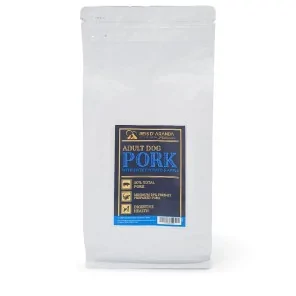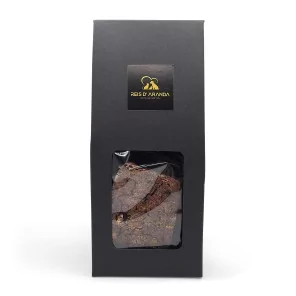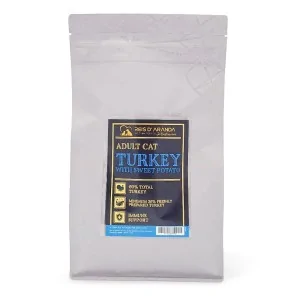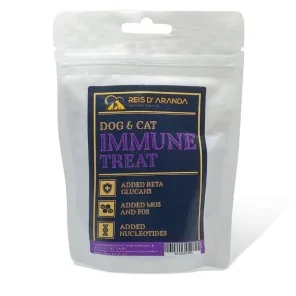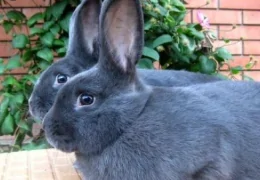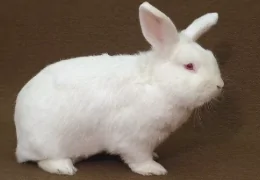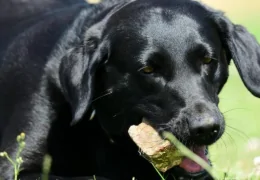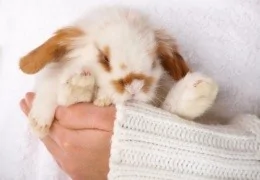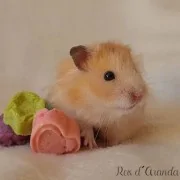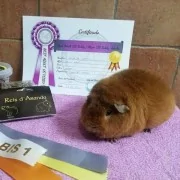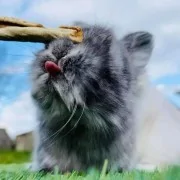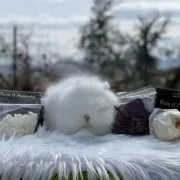Its name says it all: the Vienna blue rabbit comes from Austria. Not only is it beautiful with its shiny blue-grey...
DENTAL TARTAR IN DOGS AND CATS
INTRODUCTION
Many times we have noticed that our dog's or cat's breath smells bad, that it loses teeth or that its teeth are covered by a dark and unpleasant plaque: it is dental tartar.
WHAT IS DENTAL TARTAR?
To understand what tartar is, we must first talk about the concept of dental plaque. Food debris, flaking cells from the mouth and saliva itself accumulate on the teeth and form a film on the teeth called dental plaque. If not removed, the plaque will be colonised by bacteria that secrete substances that irritate the gums. Over time, this film will harden due to the deposit of minerals from the saliva (mineralisation process) and eventually form tartar. Tartar in dogs can be easily identified as a brown growth with an unpleasant odour on the teeth and gums.
WHAT CAUSES DENTAL TARTAR IN DOGS AND CATS?
Dental tartar is multifactorial, meaning that it has several causes and is the result of one or more of them.
GENETICS: Some dogs are genetically more prone than others to accumulate dental tartar, even if we take care of them every day.
EXCESS SOFT FOOD: Giving our dog or cat too much soft food (especially cans or pâtés) causes food to accumulate on the teeth and base of the gums.
DRY MOUTH: If our dog or cat has a tendency to produce little saliva due to some kind of pathology or deformity, this will cause the saliva not to carry enough bacteria and these will spread more easily.
OTHER DISEASES: In the case of cats, there are diseases that cause significant deterioration of the teeth and the accumulation of tartar, such as FIV (Feline Leukaemia Virus).
HOW TO PREVENT DENTAL TARTAR?
It is recommended that you brush your dog's teeth at least once a day, preferably after every meal. If you don't feel comfortable brushing your dog's teeth, you can take him to a vet or pet shop for a professional dental cleaning.
Other ways to prevent it are to feed them mostly on food (especially medium or coarse grain) and to give them natural chews such as deer tartar, ox tendons, specific natural snacks and raw knee bone.
CONSEQUENCES OF EXCESSIVE DENTAL TARTAR IN DOGS AND CATS
Tartar causes several diseases, it is not only aesthetic or smelly but can affect the oral and systemic level:
-GINGIVITIS
-GUM RECESSION
-LOSS OF TEETH
-DIFFICULTY EATING
-PERFORATIONS IN THE ROOF OF THE MOUTH
-BRAIN PROBLEMS
-BLOOD INFECTIONS
-HEART PROBLEMS
In the case of humans, they can transmit bacteria to us with their licks, so it is important to maintain good oral hygiene in our pets to avoid problems.
CONCLUSION
It is important that we maintain our dogs‘ and cats’ mouths correctly to avoid harmful side effects, infections that can spread to us through saliva and painful processes such as the loss of teeth. Mouth cleaning at the vet's is always a good investment and one that our pet will be grateful for.
Leave a comment
Log in to post comments

